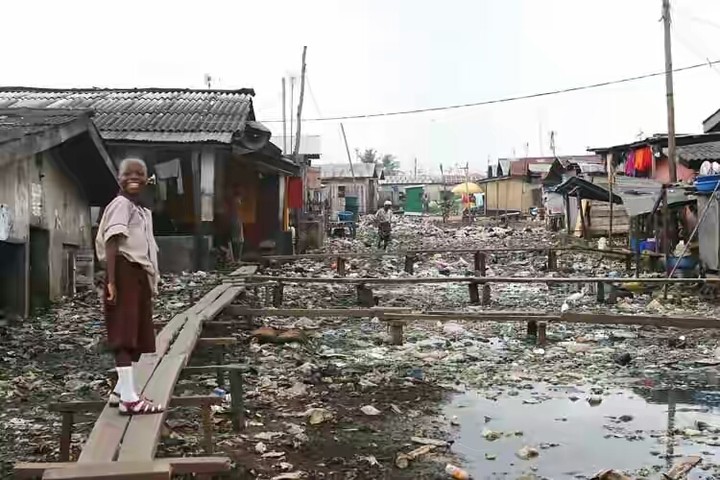A
United Nations, UN, report on Nigeria’s Common Country Analysis, CCA,
has described the country as one of the poorest and unequal country in
the world, with over 80m of her population living below poverty line.
This
was as the report revealed that the country was deeply divided on the
basis of plurality of ethnic, religious and regional identities.
The
report was made public during a consultative meeting on the formulation
of the UN Development Assistance Framework IV (UNDAF IV) for the South
East geo-political zone in Awka.
According to the report, some part
of Nigeria had at different times expressed feelings of marginalization,
short changed, dominated, oppressed, threatened, and even targeted for
elimination.
The report read in part: “Nigeria, with a population of
over 175 million, is the most populous nation in Africa and the seventh
most populous in the world. Her population will be approximately 200
million by 2019 and over 400 million by 2050, becoming one of the top
five populous countries in the world.
“Nigeria is one of the poorest
and most unequal countries in the world, with over 80 million or 64% of
her population living below poverty line. The situation has not changed
over the decades, but is increasing. Poverty and hunger have remained
high in rural areas, remote communities and among female –headed
households and these cut across the six geo-political zones, with
prevalence ranging from approximately 46.9 percent in the South West to
74.3 percent in North West and North East.
“In Nigeria, 37% of
children under five years old were stunted, 18 percent wasted, 29%
underweight and overall, only 10% of children aged 6-23 months are fed
appropriately based on recommended infant and young children feeding
practices.
“Youth unemployment which is 42% in 2016 is very high,
creating poverty, helplessness, despair and easy target for crime and
terrorism. Over 10 million children of school age are out of schools
with no knowledge and skills.
“Nigeria’s economy is currently in a
recession and it is estimated that government revenues have fallen by as
much as 33 percent, which has further resulted in the contraction of
the Gross Domestic Product, GDP, by 0.36 percent in the first three
months of 2016.
“The vulnerable macroeconomic environment in Nigeria is affecting investors’ confidence in the domestic economy.
“Despite
the fact that Nigeria is a signatory to a number of protocols on
sustainable and renewable environment, the country had, over the
decades, failed to protect the environment, ecosystem and natural
resources.
“Over-exploitation of natural resources and pollution of
the environment, desertification are exposing the population to
vulnerability and risks caused by climate change, among others.
“Nigeria
is well-endowed with forest resources, accounting for 2.5% of GDP. But
Nigeria has one of the highest rates of forest loss in the world.
Between 1990 and 2000, Nigeria lost an average of 409,700 hectares of
forest per year on average deforestation rate of 3.5% per annum
 |

Comments
Post a Comment